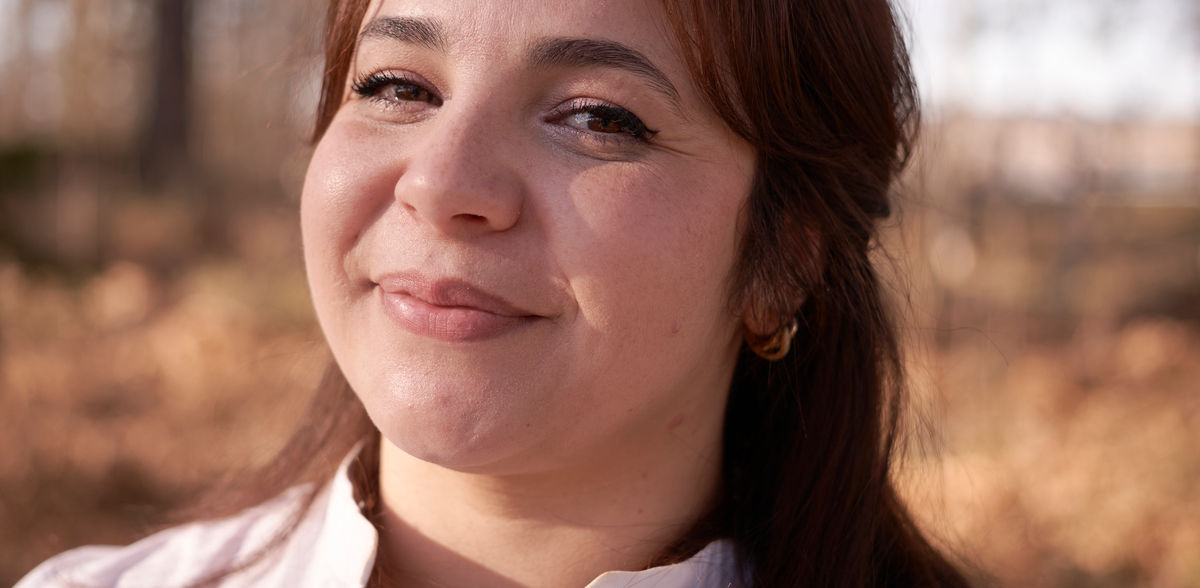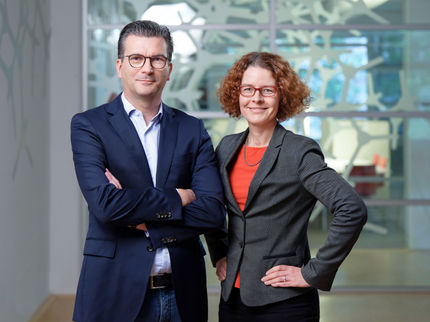How Textile Waste is being Turned into New Resources for a more Sustainable Future for the Fashion Industry
Start-up Renasens is one of the 5 finalists on the ISC3 Innovation Challenge 2024 on the topic of ‘Innovations in Sustainable Chemistry for Textiles
Advertisement
The growing world population, not least in connection with fast fashion, has led to a massive increase in textile production and thus textile waste. According to the United Nations Environment Programme (UNEP), the fashion and textile industry is currently responsible for around 8% of all carbon emissions. About 8% of European microplastics released to oceans – globally, this figure is estimated at 16-35% – and 20% of all global wastewater are from synthetic textiles, as reported by the European environment agency. This means the industry has the second largest impact on environmental pollution worldwide. One way of counteracting this trend is recycling. However, there is currently no technology in the world that can fully utilize recycled polyester or cellulose fibers to produce new garments. The properties of the recycled fibers are often impaired, meaning that up to 50% virgin cellulose or polyester fibers must be added to meet the quality requirements of the fabrics. As a result, according to the Ellen MacArthur Foundation 2017, the proportion of recycled fibers in the fashion and textile industry worldwide is less than 1%. This is even though recycling textiles is one of the most important solutions for more sustainable practices in the industry.
With her doctoral thesis on the behavior of supercritical fluids in polymer materials, Renasens founder Dr. Jade Bouledijouidja created the basis for her start-up's current technology as a solution for more effective textile recycling seven years ago. The now patent-pending, clean, and waterless multipotential technology can extract fibers from mixed textile waste without degradation or depolymerisation (= deconstruction). It has been proven on a laboratory scale at KTH (Royal Institute of Technology, Stockholm). The focus is on the removal of dyes and additives from pure and mixed textiles and the separation of mixed fibers such as polycotton and cotton-acrylic. This creates new resources without compromising the properties of the fibers. “With our technology, we can achieve the goal of using 80-90% recycled fibers in new garments and thus boost the circular economy in the fashion industry”, says Bouledijouidja.
With this innovative solution, which does not yet exist on an industrial or commercial scale worldwide, Renasens has applied for the Innovation Challenge 2024 of the International Sustainable Chemistry Collaborative Centre (ISC3), which is endowed with 25,000 euros. The 23-member international jury of experts nominated the start-up as one of five finalists for its contribution to Sustainable Chemistry. They will pitch their ideas at the ISC3 Investor Forum, which will take place this year as part of the Impact Festival on 30 and 31 October in Frankfurt. The Innovation Challenge final and Award Ceremony is part of the annual Investor Forum, with which the ISC3 is bringing together international start-ups, investors, scientists and decision-makers for the sixth time. This year, the central question of the international competition for start-ups worldwide was: ‘Which innovative ideas in Sustainable Chemistry have the potential to improve the textile sector?’ More than 50 start-ups from 30 countries applied. Their answers range from environmentally friendly production, alternative business models, materials and raw materials to waste avoidance, and recycling of pure and mixed textile waste, as in the case of Renasens.
In addition to extracting new resources from textile waste, the start-up has set itself the goal of raising awareness of the true cost of textiles, the current unsustainable use of clothing, and the processes involved in textile production. The entire value chain and production methods will be made transparent. “We plan to participate in the creation of a new textile value chain in Europe and license our technology internationally so that workers have access to clean technology without being exposed to toxic chemicals”, says the Renasens team. “Renasens‘ clean and waterless innovative technology can make an important contribution to the circular economy in the textile industry through its unique ability to recycle mixed textile waste without compromising fiber properties”, says Dr. Alexis Bazzanella, Director of the ISC3 Innovation Hub. The start-up thus impressively demonstrates how Sustainable Chemistry can play a decisive role in the transformation towards more resource-efficient textile production.
Other news from the department business & finance
Most read news
More news from our other portals
Something is happening in the chemical industry ...
This is what true pioneering spirit looks like: Plenty of innovative start-ups are bringing fresh ideas, lifeblood and entrepreneurial spirit to change tomorrow's world for the better. Immerse yourself in the world of these young companies and take the opportunity to get in touch with the founders.


























































